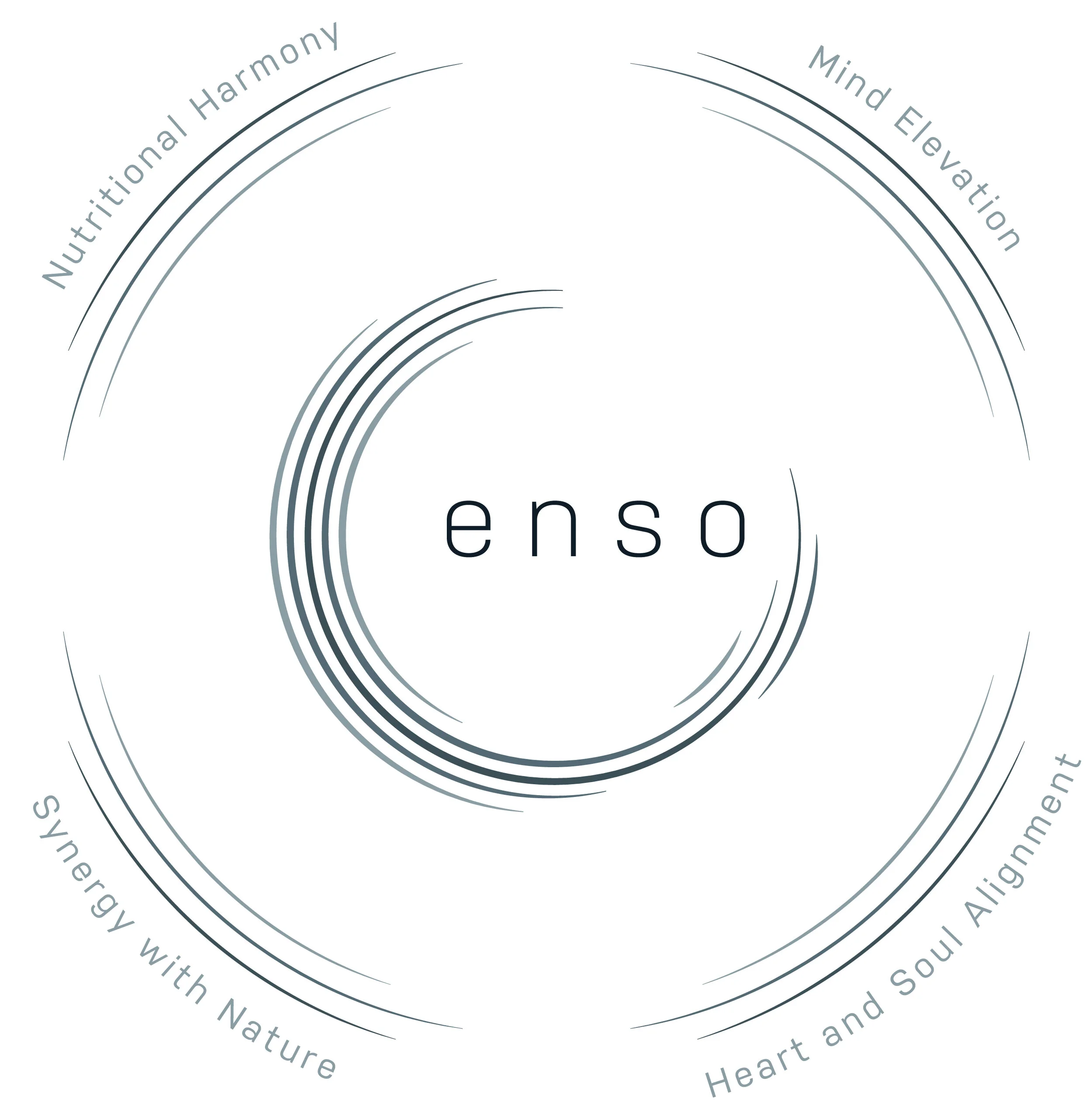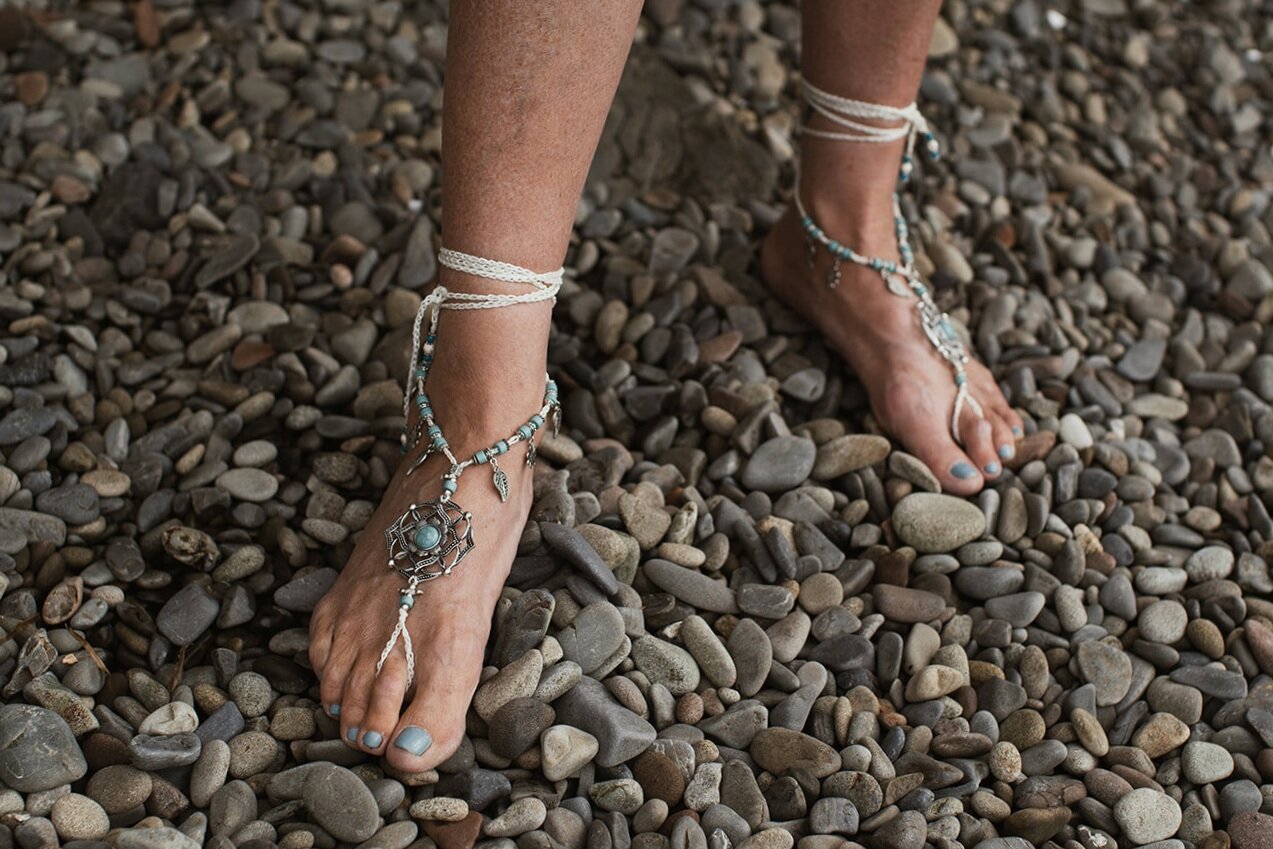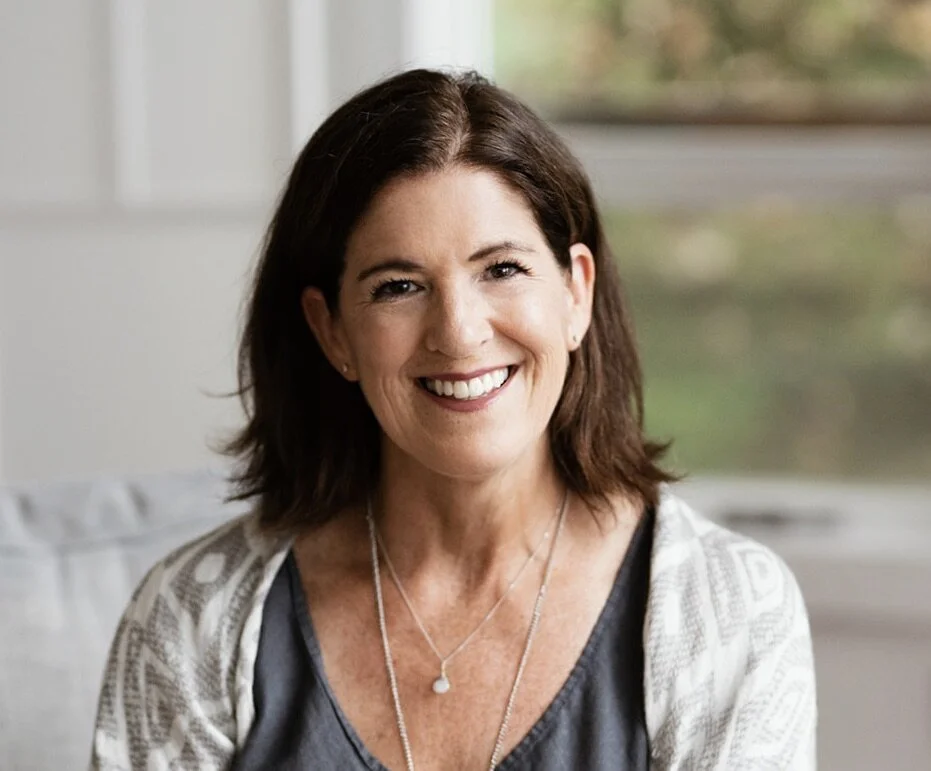Self-care or self-pampering--what's the difference?
What image comes to mind when you think of compassion? Often, it is of Mother Theresa holding a small child, the frail, the sick and the poor. She certainly devoted her life to being in service to others to ease their suffering. Compassion is easy to grasp when we have this image.
What image conjures up self-compassion? This one is a bit more difficult to picture. And how does it differ from self-care? or does it? And how does self-care differ from self pampering? Is it selfish to think of and care for oneself? Let’s spend a few minutes trying to distinguish these ‘selfs’
Self-Compassion
One thing I know for sure, that compassion without self-compassion is incomplete.
I have always prided myself on being a compassionate and empathic person. My career began as a pediatric oncology nurse. When people inquired and I shared with them about what I did for a living, often the response was “oh, that is so sad. I could never do that. It takes a special person to work in an area like that. I would be a mess all the time”.
Yes, it was hard, and it was rewarding.
It was a privilege to be with, hold space and comfort the pain and suffering of patients and families dealing with cancer. One of the worst fears for a parent is for their child to become ill with a serious, life threatening illness. It was my job to make their bad day better. The hallmark of compassion is to ease the suffering of another.
" Compassion is an inner stance, not an external pose. We can only know the difference through an ongoing connection to our own heart. When we allow ourselves to feel, it is possible to detect what is most compassionate in any situation. When we are afraid to feel, it is not. So one could say that when we lean into our heart of hearts, we discover the fount of kindness. When we clamp down on our inner experience or avoid emotions, the path to kindness is also obscured. Kindness toward others is actually synonymous with kindness toward self.”
~Susan Pivar
Self-compassion involves acting the same way towards yourself when you are suffering. Suffering takes many forms: it could be having a difficult time, fail, or notice something you don’t like about yourself. Instead of being critical or dismissive of yourself, self-compassion involves being able to stop and pause and bring comfort to yourself in the moment. It doesn’t mean you grab a tub of ice cream or head for a pedicure. It is about the conversation you have with yourself, and the act you take to relieve your suffering.
Kristen Neff identifies three elements of self-compassion:
self-kindness (vs self-judgement)
common humanity (vs isolation)
mindfulness (vs over-identification)
What this all means, is that when something happens to us or we make a poor choice, instead of criticizing or judging ourself, feel lonely or isolated, we observe the thoughts and emotions, realize that we are not alone and have a self-honouring conversation with ourselves. We perfectly embrace who we are in all our human imperfection.
Self-Care
A discussion about self-compassion dovetails nicely into exploring self-care. Every nursing program integrates a nursing theory or framework. At the University of Alberta, my alma mater, the nursing curriculum was designed around Dorothea Orem’s self-care theory. She defines self-care as:
“the practice of activities that individuals initiate and perform on their own behalf in maintaining life, health, and well-being.”
In a nursing context, patients need care from a nurse when they cannot care for themselves or manage aspects of their own care. What I like about this theory, is that it holds the patient/client capable, resourceful and whole. As human beings, unless we are mentally or physically unwell, we have the ability to adopt practices that care for self.
While her model may be somewhat theoretical, it depicts the importance of self-care as the cornerstone of health. In my model of self care, otherwise known as Four Shades of Peace and Ease, I identify four main areas to focus self care: Nutritional Harmony, Mindset Elevation, Heart and Soul Alignment, and Synergy with Nature.
We all have the capacity and ability to practice self-care in these 4 realms. Sometimes it requires a bit of help and support to adopt sustaining and nourishing practices. When we integrate self-care practices into our daily life, it is not pampering or selfish, but rather required to maintain health and well-being.
Taking care of self is like the oxygen mask analogy. In order to help someone else breathe and live, we must breathe, live and love ourselves FIRST.
Dealing with the shame, judgement and criticism we throw our way is imperative to nourishing and nurturing our body, mind and soul.
Four Shades of Peace and Ease
Self Pampering
The images of self-care are often flooded with bubble baths, pedicures or spa days. These adornment practices are blissful and beautiful. It is also nurturing to have our bodies cared for. These external polishing and buffing practices that keep us shiny and new, groomed and pruned are self-pampering. The feeling of walking out of a spa with shiny, pretty toes makes me want to dance and sing. Feels good in that moment and for a few days following. And then the polish becomes chipped, the skin becomes tough and the nails grow out.
Think of it like owning a car. The engine is similar to self-compassion and self-care—the running of the machine is often not visible but without it, the car will sputter, break down and won’t run smoothly. The exterior is like self-pampering. A good wash and polish of the car makes it look shiny and new. Without regular maintenance on the internal running of the car (self care and self-compassion practices) though, the wash and wax are only temporary feel-good measures.
We need to address the shame, judgement and criticism we throw our own way in order to lean into loving ourselves wholly, completely and honestly
Painted toes and sole-less sandals.
Selfish
Often, we view self-care and self-compassion as SELFISH. Selfish warrants a bit of space in this conversation as it frequently surfaces in self-care discussions. First and foremost, being selfish is usually at the expense or disregard of others.
Psychologist F. Diane Barth defines selfishness as having two primary characteristics:
“1.Being concerned excessively or exclusively with oneself;
2. Having no regard for the needs or feelings of others.
If someone is both totally self-involved and uncaring about anyone else, they are not likely to be very responsive to you in any way other than evaluating how you meet their needs.”
So the next time you think your nourishing act to soothe, honour and love yourself is selfish, breathe, pause, be kind, be compassionate and know that you matter. You matter enough to nourish and nurture yourself so that you can be in service to others and have the energy to thrive.
Dori Howard
Dori is the Chief Experience Officer and Founder of enso Learning and Retreat Centre
Dori Howard
Chief Experience Officer
enso Learning & Retreat Centre



